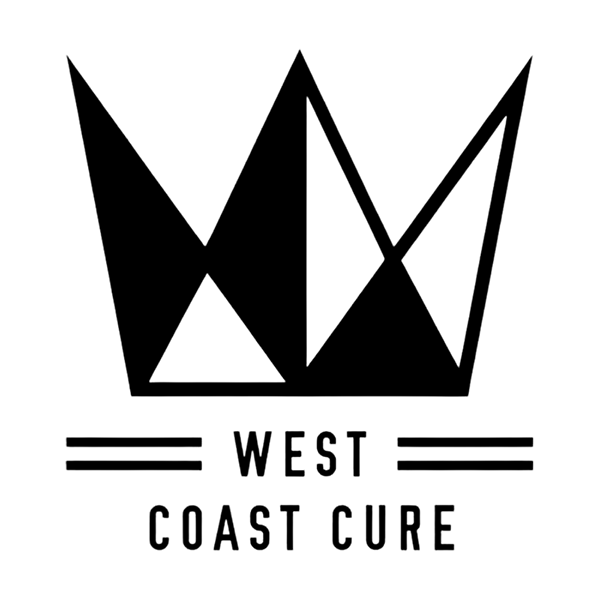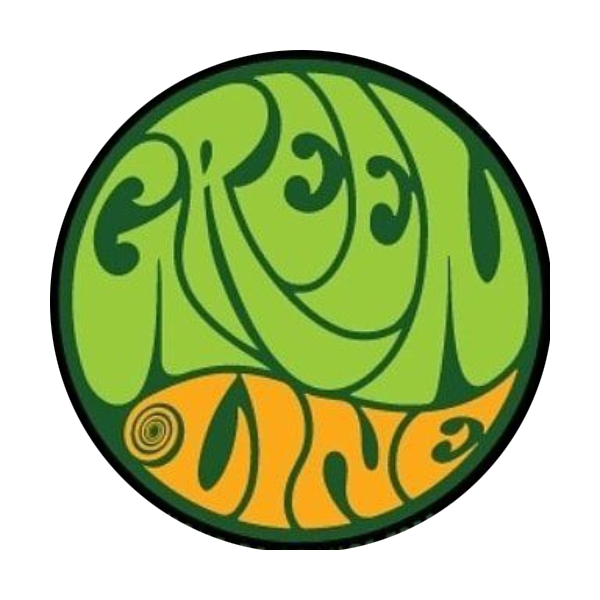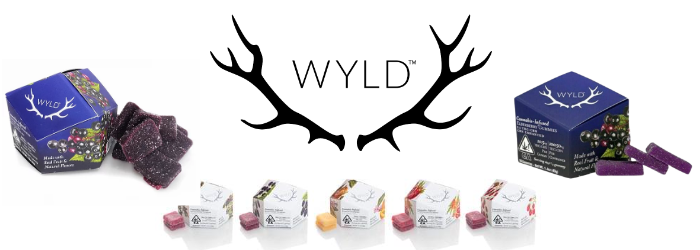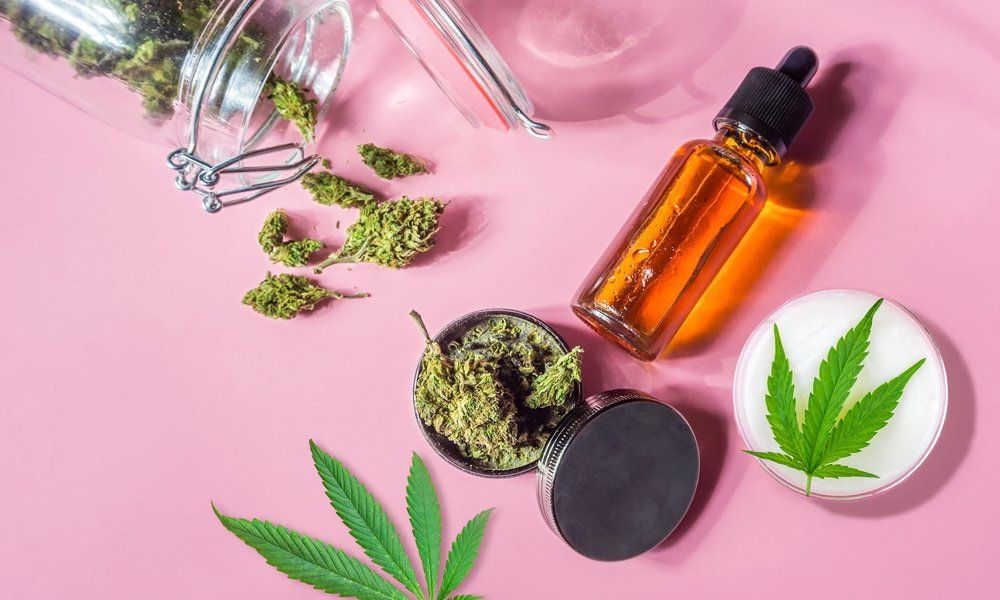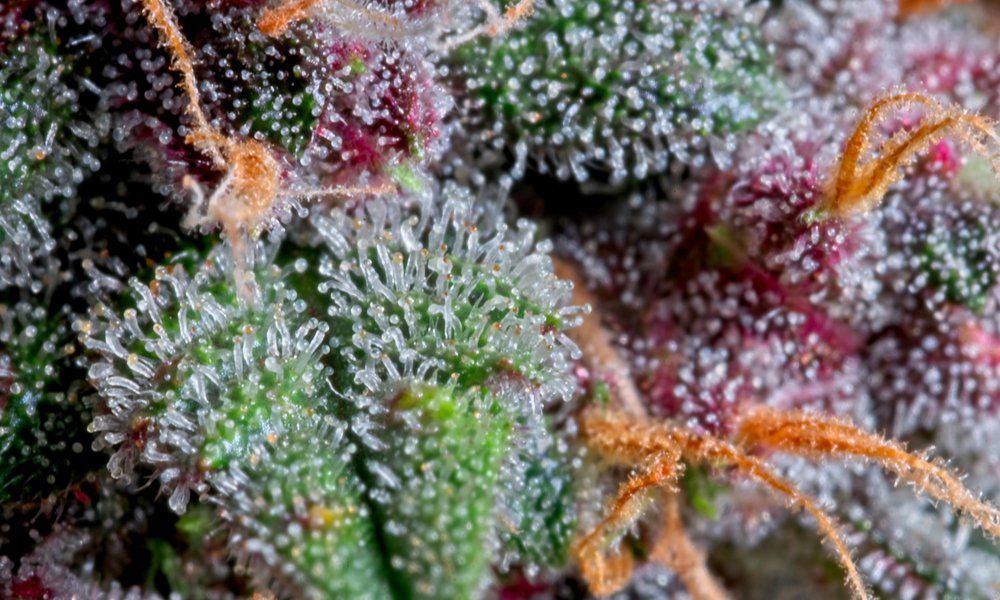Medical Cannabis in California: The Unlikely Pairing
This year marks 25 years since the legalization of medical cannabis in the Golden State. The cannabis industry has evolved in ways the pot pioneers couldn’t have imagined, and in many ways would be proud. Proud of the progressive advocates continuing to push legislation to legitimize the industry and legalizing recreational use in 18 states (and counting!). Proud of the farmers and dispensary owners for providing safe, reliable products. And proud to know that medical marijuana is generally accepted and scientifically proven to help those suffering with cancer, HIV/AIDS and other chronic illnesses. While we celebrate all these wins, it is important to pay homage to the individuals who are responsible, starting with the “HIV Warriors.”

The Unlikely Pairing
Did you know that the AIDS epidemic in the ‘80s prompted the creation of the medical marijuana market? Those suffering from the new, incurable disease turned to pot to help manage nausea, chronic pain, and digestion. San Francisco was at the heart of both the AIDS epidemic and the medical marijuana market. The quick spread of the epidemic hit the LGBTQ+ community hard. A few individuals faced personal risk in order to make weed available as a way to manage the virus.
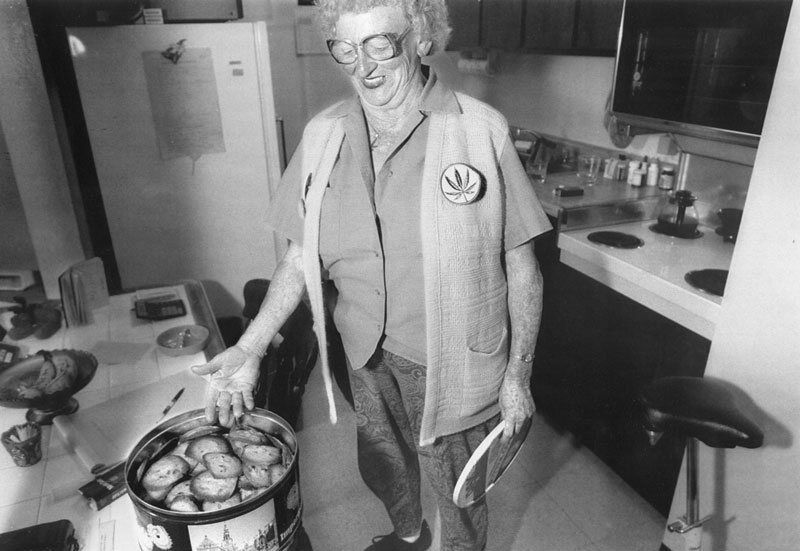
Brownie Mary
Mary Jane Rathbun was a badass activist who sold and donated pot brownies during the most difficult days of the AIDS epidemic. Born in 1922, Mary was an activist from the beginning. She left her Catholic home as a teenager, working as a waitress and fighting for abortion and miners’ rights. During WWII, she moved to San Francisco from Minneapolis and became more involved in political reform movements. By the 1960s she was a single mom and involved with the anti-war movement.
While working as a waitress at IHOP, Mary started selling pot brownies to supplement her income. In 1974, she became friends with Dennis Peron, one of the godfathers of medical marijuana. Rathbun was arrested for possession in 1981 and sentenced to community service. In her volunteer work, she worked at the Shanti project, a nonprofit helping those in the growing AIDS crisis. After the death of her own daughter, Mary took in those with HIV and AIDS, building herself a new family. She dedicated her life to baking pot brownies to help ease the suffering of those dying from the virus. In her prime, she was giving away an estimated 1600 brownies a month. She was an unlikely hero in the midst of this emerging crisis.
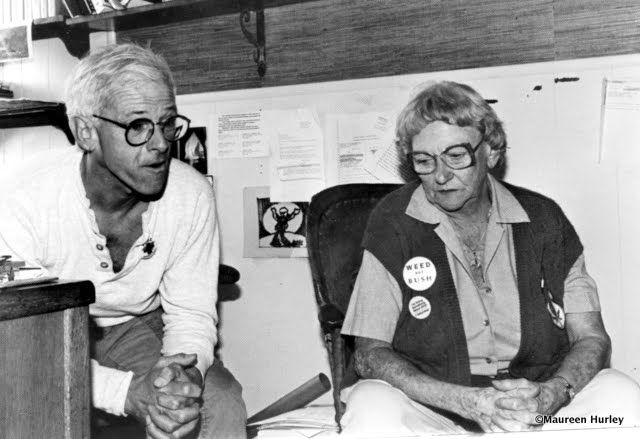
Making Change Happen
In 1992, Mary found herself arrested for possession again. She testified in front of the SF Board of Supervisors, sharing the medical benefits of cannabis. This lead to a Board resolution to make medicinal marijuana possession the “lowest priority” in arrests and prosecution. To this day, “Brownie Mary Day” is celebrated on August 25 in recognition of her work at the San Francisco General Hospital.
Also in 1992, Mary helped Dennis Peron open the San Francisco Cannabis Buyers Club, filling the desperate need for San Franciscans. They legitimized the business and welcomed the media to draw much needed attention to the cause. She was a mother to all, fearlessly helping and protecting the LGBTQ+ community and laying the groundwork for the cannabis industry we know today.

Dennis Peron : The Father of Medical Marijuana
Possibly the most well-known activist for medical marijuana in the early days, Dennis Peron was an inspiring leader who worked endlessly for access to medical cannabis. Dennis is most famous for founding the San Francisco Cannabis Buyers Club in 1996, modeling it after the local AIDS drug buyers club. During the 70s and 80s, Peron sold weed in the Bay Area, so when the AIDS epidemic hit, many people relied on him, especially the gay community.
Peron was a friend to many politicians and activists like Harvey Milk, helping him bring the cause to the forefront of political news. Dennis endured harassment and arrests for his illegal pot distribution; he was even shot in the leg by a San Francisco police officer during one of the raids. Through the campaigns to legalize medical marijuana, Peron met John Entwistle, another activist who eventually became his partner. In 1990, Enwistle died from AIDS shortly after the police raided their home. His loss prompted Peron to dedicate his life to the issue of legalizing medical marijuana.
Legalization Efforts
Legalization was a difficult task for the San Francisco advocates. They had seen and experienced the perils of the epidemic first hand. Marijuana’s positive impact easing the uncomfortable symptoms of HIV/AIDS patients helped drive their cause to legalize medical use. Then, in 1991, Peron set up the passage of Proposition P which introduced legal medical marijuana to the city of San Francisco. That’s when he opened the San Francisco Cannabis Buyers Club finally connecting the suffering community with the natural medicine they so desperately needed.
In 1996, Dennis co-authored Prop. 215 in an effort to legalize medical cannabis in the state of California. Despite narcs trying to arrest him in hopes of disrupting the law, it passed! Peron died in 2018 from lung cancer. He is widely celebrated and commended for his contributions to the marijuana industry we’ve come to know today.

Kiyoshi Kuromiya
Born in a Japanese-American internment camp during WWII, Kiyoshi fought oppression from the very beginning. He served as Martin Luther King Jr.’s assistant, marching with him in the 60s. Kiyoshi was an openly gay delegate to the Black Panther convention and one of the founders of the AIDS activist group Act Up. In the 80s, he was diagnosed with AIDS and turned to medical marijuana as a treatment for his symptoms. Just like Peron, Kuromiya ran an underground cannabis buyers club in Philadelphia. Before his death in 2000, Kiyoshi acted as a lead plaintiff in a supreme court case calling for the legalization of medical cannabis.
Kuromiya, Peron and Rathbun all saw the HIV/AIDS epidemic as a public health crisis, not to be overlooked, especially with the government doing nothing to help the thousands suffering. The government failed the virus, often connected to homophobia and the ‘uncomfortable’ association between gay men and AIDS. These pioneers faced great personal risk to make weed available as a medicinal option for managing HIV/AIDS symptoms. While we see them as strong leaders, they silently suffered from anxiety and depression in the uncertainty of it all. These “HIV Warriors” set in motion an effort to legalize cannabis that is still moving forward today. Thanks to them, California was the first U.S. jurisdiction to legalize medical marijuana.
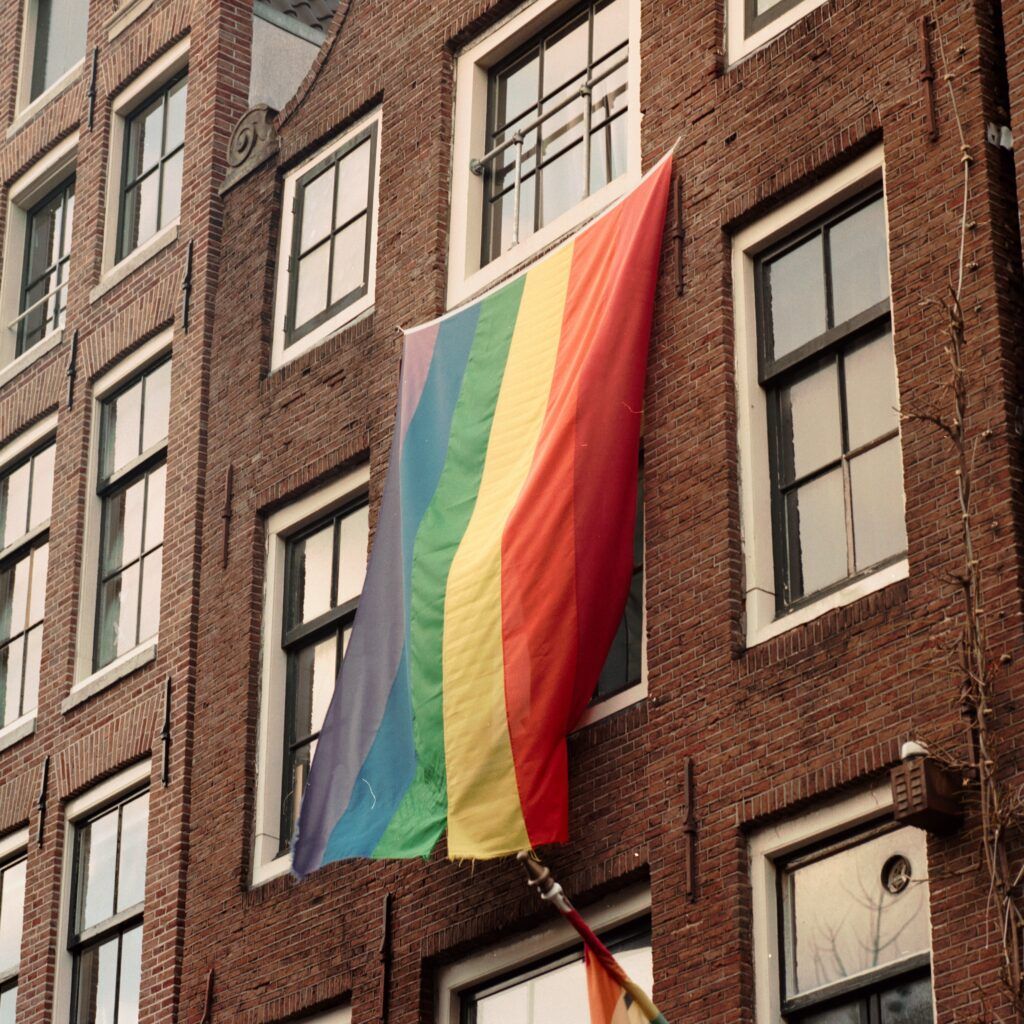
Paying Tribute Where Tribute is Due
The United States is so close to full legalization of medical and recreational marijuana, but we often forget who got us to this point. It is imperative that we keep the LGBTQ+, HIV/AIDS, and other marginalized communities centered in the effort for cannabis reform. Their voices and stories have just as much (if not more) worth and value to the success of our industry as anyone else’s. We owe our livelihood and passion for this miraculous plant to these great leaders. Their impact on the industry will continue on, so let’s ensure their legacy does as well.
La entrada Medical Cannabis in California: The Unlikely Pairing se publicó primero en Ecomeds.

